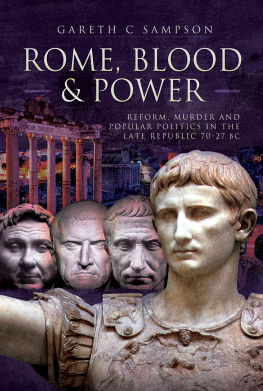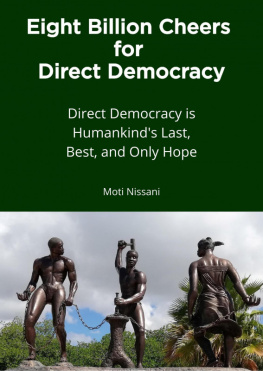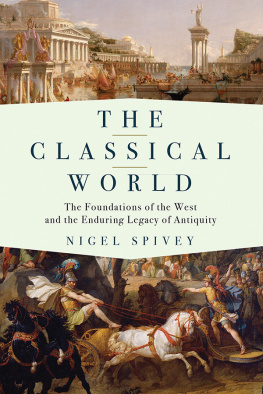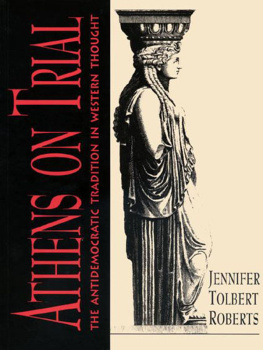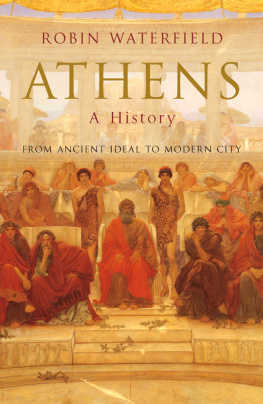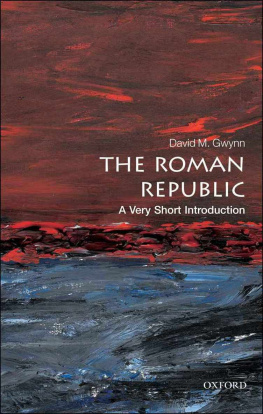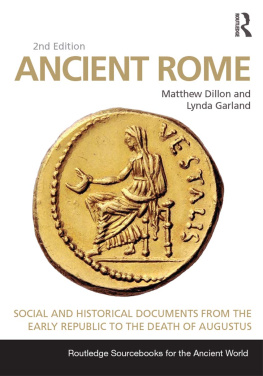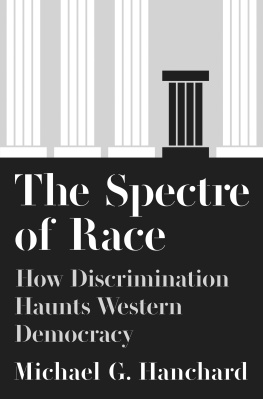Democracies and Republics Between Past and Future
Democracies and Republics Between Past and Future focuses on the concepts of direct rule by the people in early and classical Athens and the tribunician negative power in early republican Rome and through this lens explores current political issues in our society.
This volume guides readers through the current constitutional systems in the Western world in an attempt to decipher the reasons and extent of the decline of the nexus between elections and democracy; it then turns its gaze to the past in search of some answers for the future, examining early and classical Athens and, finally, early republican Rome. In discussing Athens, it explores how an authentic power of the people is more than voting and something rather different from representation, while the examples of Rome demonstrate thanks to the paradigm of the so-called tribunician power the importance of institutionalised mechanisms of dialogic conflict between competing powers.
This book will be of primary interest to scholars of legal history, both recent and ancient, and to classicists, but also to the more general reader with an interest in politics and history.
Carlo Pelloso is Associate Professor of Roman Law at the University of Verona, Italy, and Adjunct Professor of Ancient Greek Law at the University of Padua, Italy. He has been visiting scholar at the Universities of Edinburgh, UK; Berlin (Freie Universitt; Humboldt Universitt), Germany; and La Habana, Cuba. He has published more than fifty articles and four monographs on the legal experiences of the ancient Mediterranean. He is co-director of the international review R Review of Hellenic Law.
Routledge Focus on Classical Studies
This new series, part of the Routledge Focus short-form programme, provides a venue for the most up-to-date research in the field of Classical Studies. The series covers a range of topics, from focussed studies on specific texts, figures, or themes, to works on wider issues.
Prophets, Prophecy, and Oracles in the Roman Empire
Jewish, Christian, and Greco-Roman Cultures
Leslie Kelly
Theophrastus Characters
A New Introduction
Sonia Pertsinidis
Gallus Reborn
A Study of the Diffusion and Reception of Works Ascribed to Gaius Cornelius Gallus
Paul White
Democracies and Republics Between Past and Future
From the Athenian Agora to e-Democracy, from the Roman Republic to Negative Power
Carlo Pelloso
For more information about this series, please visit: https://www.routledge.com/Routledge-Focus-on-Classical-Studies/book-series/FOCUSCLSS
First published 2021
by Routledge
2 Park Square, Milton Park, Abingdon, Oxon OX14 4RN
and by Routledge
52 Vanderbilt Avenue, New York, NY 10017
Routledge is an imprint of the Taylor & Francis Group, an informa business
2021 Carlo Pelloso
The right of Carlo Pelloso to be identified as author of this work has been asserted by him in accordance with sections 77 and 78 of the Copyright, Designs and Patents Act 1988.
All rights reserved. No part of this book may be reprinted or reproduced or utilised in any form or by any electronic, mechanical, or other means, now known or hereafter invented, including photocopying and recording, or in any information storage or retrieval system, without permission in writing from the publishers.
Trademark notice: Product or corporate names may be trademarks or registered trademarks, and are used only for identification and explanation without intent to infringe.
British Library Cataloguing-in-Publication Data
A catalogue record for this book is available from the British Library
Library of Congress Cataloging-in-Publication Data
Names: Pelloso, Carlo, author.
Title: Democracies and republics between past and future : from the Athenian agora to e-democracy, from the Roman Republic to negative power / Carlo Pelloso.
Description: Abingdon, Oxon ; New York, NY : Routledge, 2021. | Series: Routledge focus on classical studies | Includes bibliographical references and index. | Identifiers: LCCN 2020043954 (print) | LCCN 2020043955 (ebook) | ISBN 9780367672591 (hardback) | ISBN 9780367672607 (paperback) | ISBN 9781003130505 (ebook)
Subjects: LCSH: Democracy--History. | Republics. | Athens (Greece) --Politics and government. | Rome--Politics and government--510-30 B.C.
Classification: LCC JC421 .P39 2021 (print) | LCC JC421 (ebook) | DDC 321.8--dc23
LC record available at https://lccn.loc.gov/2020043954
LC ebook record available at https://lccn.loc.gov/2020043955
ISBN: 978-0-367-67259-1 (hbk)
ISBN: 978-0-367-67260-7 (pbk)
ISBN: 978-1-003-13050-5 (ebk)
Typeset in Sabon
by SPi Global, India
To Mario:
Do not forget that everything not saved will be lost (as the Nintendo Quit Screen Message says).
Democracy, both on paper and in real life, is currently under attack from many fronts. Democracy remains an unchallenged set of ideals as both a counter-power which seeks to curb the hegemony of those with elite status and a system designed to respond to the preferences of the wider general populace; yet there can be no doubt that the current legal systems which claim to operate as genuine democracies have been, and continue to be, vigorously criticised, almost universally.1 Political scientists, historians, and lawyers who have abandoned the golden models shaped by advocates of a barely normativistic reading of our constitutional apparatuses2 show increasing awareness that democracy can also take on illiberal traits,3 thereby often adopting a realistic, if not pessimistic, approach to interpreting the empirical findings of their research on the crisis of legitimacy affecting liberal representative systems.
Far from idealising the instruments and objectives of democracy qua talis, the new realism trend has highlighted two fundamental challenges not to say threats considered inherent in the democratic apparatus of today: these are the interconnected challenges of the oligarchic and the epistemic systems.4
Under an oligarchy, the current democratic process would not reflect the preferences of the median voter. Conversely, such process would lead to an oligarchic bias, its outcomes being aligned with the interests of the socio-economic elites able to bypass popular scrutiny and thereby enact public policy through non-electoral mechanisms5: a shadowy minority would re-emerge, prompting evocative mottos, such as Occupy Wall Streets We are the 99%, and exacerbating the populistic dualism of the ordinary versus the establishment, as evidenced by the great success of movements such as Podemos and the M5S (Five Star Movement).6
However, within an epistemic regime, voters could neither select policies nor leaders. Rather, their vote would be based primarily, if not entirely on their group identity: in other words, citizens would tend not to make well-informed and deliberate decisions on policy issues and would normally be unable to deploy the ballot box as a means to secure effectual accountability over the constitutional power.7 Awareness of the futility of voting, alongside the consolidation of neoliberal individualism,8 would not only maximise electoral absenteeism, apathy and intolerance of procedures but also enhance both the withdrawal of political decisions to the private sector and the withdrawal of individuals to tend to their immediate and private needs: that is to say, people neglecting Aristotle would cease to be political animals.


